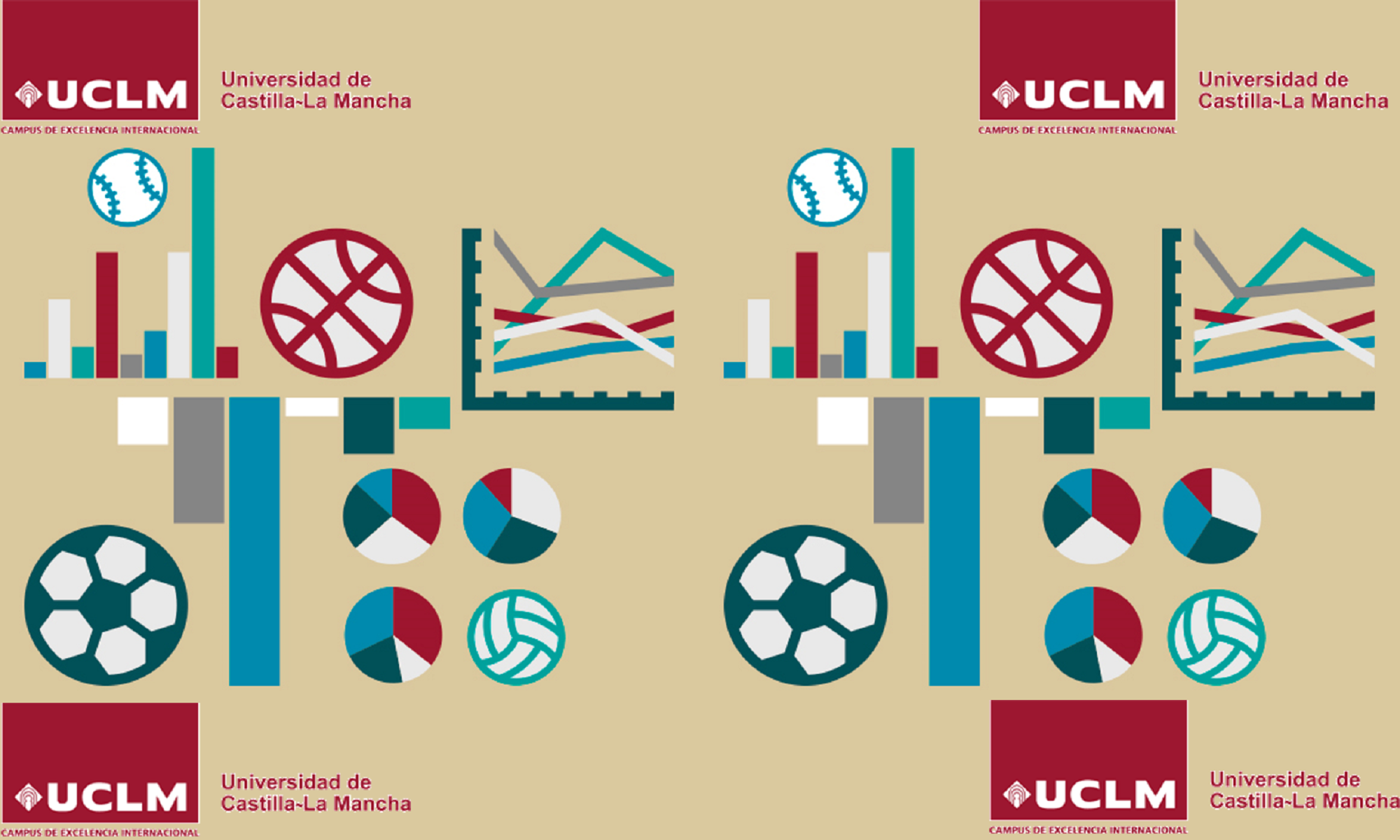Odds for football matches offered in the betting market can be reconverted into probabilities for each possible result (home win, draw, away win). If the betting market were efficient, these probabilities would reflect the true probabilities of each event. Although there is no consensus in the literature whether or not betting odds are efficient, it seems that any inefficiency that arises is very small. Thus, the probabilities embedded in betting odds can be seen as true probabilities. The European domestic football leagues are generally organized in a double round robin basis, where each team plays against the other teams once at home and once away. Winning teams are awarded three points, a draw earns one point for each team, and the losing team earns no points. The final league ranking is made on the basis of points earned at the end of the double round robin.
Basic probability theory tells us that the joint probability of two independent events (e.g., a victory of the same team in two different football matches) equals the product of their probabilities.Using this simple formula for all possible combinations of match results of each team, the probability of each team within a league obtaining a certain amount of points can be computed, that is, the density function of total points at the end of the season. The total points ranges between zero (i.e., the team loses all matches) and the product of the number of matches and three (i.e., the team wins all matches).
In particular, we use the betting odds from CODERE APUESTAS in order to calculate the density functions for the 2012-13 season for English Premier League. The cumulative density function can be used to calculate the probability of getting more points than the actual result. The inverse of that probability can be viewed as an efficiency index for managers in the sense than the closer the value to one will reflect a better performance and the closer the value to zero will reflect a worse performance. The managers with higher efficiencies would be the teams that have overperformed the results expected from the odds. The overperforming could be due to luck or fortunate referees’ decisions, but the most plausible reason to overperform the expected results from the odds is good coaching, in the same way the underperformance of the teams could be due to injuries or bad luck but the most plausible is bad coaching. Thus, the efficiency index can be understood as a measure of the performance of the managers.
Table 1 shows the managers’ efficiency in the season 2012/2013. It can be seen that Sir Alex Ferguson in his last season was the best manager followed by André Villas-Boas from the Tottenham Hotpsur. On the other hand the worst managers have been Mark Hughes and Harry Redknapp. It is noteworthy to indicate that the weighted average of the efficiency was 0.52, so all managers with a efficiency over 0.52 have been more efficient than the average.
Table 1. Efficiencies of the managers in the season 2012/2013
|
Manager
|
Team
|
Points
|
Matches
|
Efficiency
|
|
Alex Ferguson
|
Manchester United
|
89
|
38
|
0.96
|
|
André Villas-Boas
|
Tottenham Hotpsur
|
72
|
38
|
0.90
|
|
Chris Hughton
|
Norwich City
|
44
|
38
|
0.74
|
|
Arsène Wenger
|
Arsenal
|
73
|
38
|
0.71
|
|
Steve Clarke
|
West Bromwich Albion
|
49
|
38
|
0.70
|
|
Roberto Di Matteo
|
Chelsea
|
24
|
12
|
0.69
|
|
Paolo Di Canio
|
Sunderland
|
8
|
7
|
0.68
|
|
Rafa Benítez
|
Chelsea
|
51
|
26
|
0.66
|
|
Roberto Mancini
|
Manchester City
|
75
|
36
|
0.66
|
|
David Moyes
|
Everton
|
63
|
38
|
0.65
|
|
Sam Allardyce
|
West Ham United
|
46
|
38
|
0.63
|
|
Paul Lambert
|
Aston Villa
|
41
|
38
|
0.57
|
|
Michael Laudrup
|
Swansea City
|
46
|
38
|
0.55
|
|
Mauricio Pochettino
|
Southampton
|
19
|
16
|
0.50
|
|
Nigel Adkins
|
Southampton
|
22
|
22
|
0.46
|
|
Tony Pulis
|
Stoke City
|
42
|
38
|
0.40
|
|
Nigel Adkins
|
Reading
|
5
|
8
|
0.37
|
|
Martin Jol
|
Fulham
|
43
|
38
|
0.35
|
|
Martin O’Neill
|
Sunderland
|
31
|
31
|
0.33
|
|
Brian Kidd
|
Manchester City
|
3
|
2
|
0.29
|
|
Brendan Rogers
|
Liverpool
|
61
|
38
|
0.24
|
|
Brian McDermott
|
Reading
|
23
|
29
|
0.21
|
|
Roberto Martínez
|
Wigan Athletic
|
36
|
38
|
0.21
|
|
Alan Pardew
|
Newcastle United
|
41
|
38
|
0.21
|
|
Harry Redknapp
|
Queens Park Rangers
|
21
|
26
|
0.16
|
|
Mark Hughes
|
Queens Park Rangers
|
4
|
12
|
0.03
|
|
Eamonn Dolan
|
Reading
|
0
|
1
|
0.00
|
Notes: elaborated using the betting odds from CODERE APUESTAS
Managers are ordered by the efficiency level.
In italics managers that were fired
Julio del Corral Cuervo is Associate professor in Economics at the University of Castilla-La Mancha (Spain)
* These results will be presented at the Fourth Spanish Conference in Sports Economics (Madrid, June 2013).
